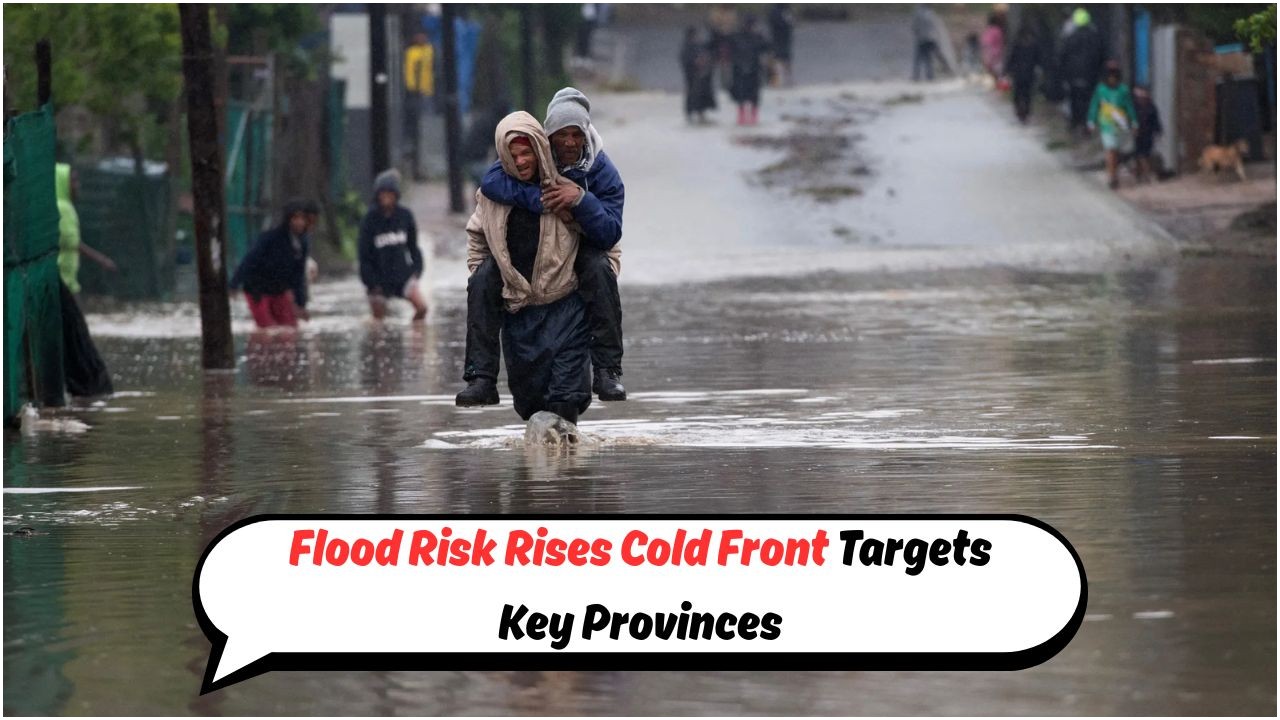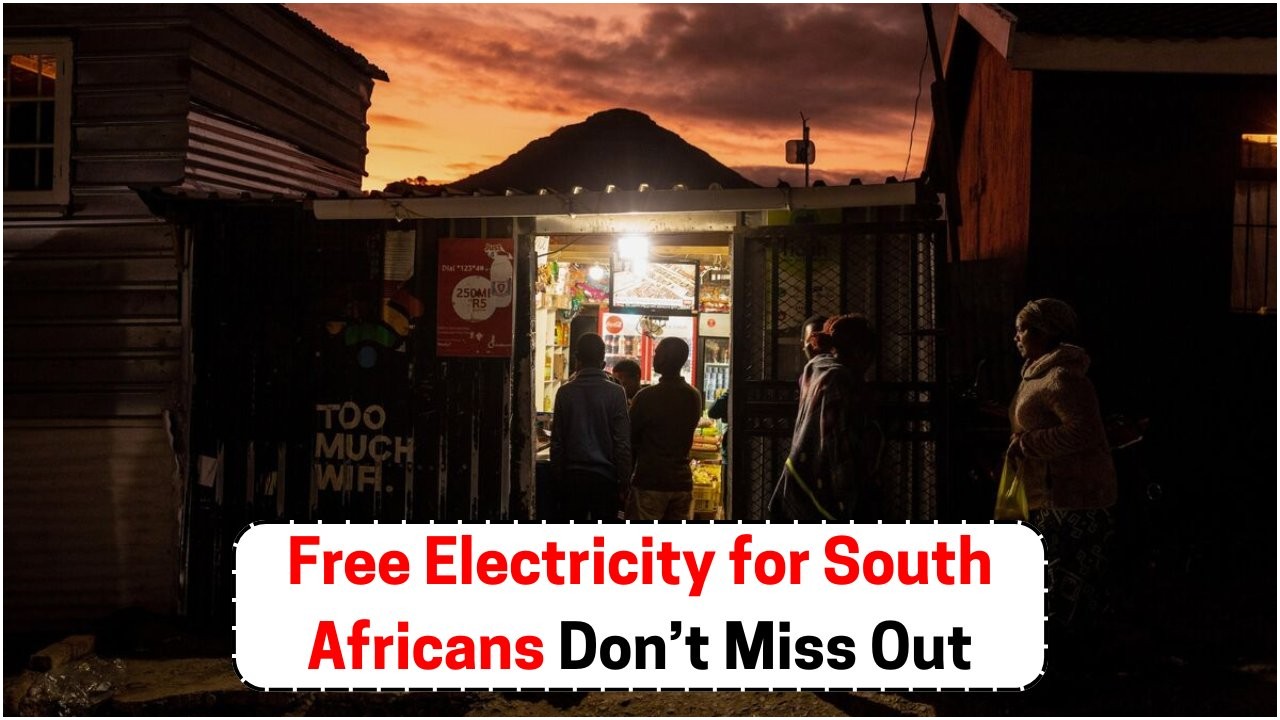Nationwide Disruption from Weekend Storm: South Africa is on high alert as a powerful storm system approaches, bringing with it a severe cold front and heavy rainfall expected to sweep across the country this weekend. Meteorologists have warned of significant disruptions due to the anticipated adverse weather conditions, urging citizens to prepare for possible flooding, power outages, and transport delays. The impending storm highlights the need for communities and local authorities to brace themselves for the potential impact, ensuring safety measures are in place to mitigate damage. As South Africa braces for the storm, residents are advised to stay informed through official weather updates.
Severe Weather Alert: Cold Front and Heavy Rainfall Predicted
In a recent announcement, weather agencies have issued a severe weather alert warning South Africans about an intense cold front accompanied by heavy rainfall set to hit the nation over the weekend. The storm is expected to affect multiple provinces, including Gauteng, KwaZulu-Natal, and the Western Cape, bringing with it not only heavy rain but also the possibility of strong winds. Such weather conditions pose a risk of localized flooding, particularly in low-lying areas and regions with poor drainage systems. The South African Weather Service has emphasized the importance of heeding warnings and taking necessary precautions, such as clearing gutters, securing outdoor items, and avoiding travel in affected areas unless absolutely necessary. With the potential for significant disruption, understanding the weather patterns and preparing accordingly could prove crucial in minimizing the impact of this natural event.
Preparation Tips for South Africans Facing a Nationwide Storm
As the weekend storm looms, preparedness is key to ensuring safety and reducing damage. South Africans are encouraged to develop an emergency plan that includes identifying safe locations within their homes, assembling an emergency kit with essentials such as water, non-perishable food, flashlights, and batteries, and ensuring that communication devices are fully charged. For those living in flood-prone areas, it may be wise to have sandbags ready and to monitor local news channels or radio stations for real-time updates. Communities are also urged to look out for one another, particularly the elderly and those with disabilities, to ensure that everyone is informed and able to take necessary precautions. By taking proactive measures, residents can better protect themselves and their property from the anticipated severe weather conditions.
Impact on Transportation and Infrastructure
The impending storm is likely to have a significant impact on transportation and infrastructure across South Africa. With heavy rainfall and strong winds expected, road conditions are predicted to deteriorate, leading to hazardous driving conditions and potential road closures. Public transport services, including trains and buses, may also experience delays or cancellations, further affecting commuters. Authorities have urged travelers to plan their journeys carefully, allowing extra time for travel and avoiding non-essential trips during peak storm periods. Additionally, potential power outages could disrupt daily activities and infrastructure operations, highlighting the importance of having backup plans in place. The government and emergency services are on standby to respond to any incidents, prioritizing public safety and the swift restoration of services once the storm passes.
 South Africa's 2025 Electricity Laws Unveiled: Essential Insights for Consumers on Upcoming Changes
South Africa's 2025 Electricity Laws Unveiled: Essential Insights for Consumers on Upcoming Changes
Community Involvement and Response to Weather Disruptions
Community involvement is crucial in responding effectively to the challenges posed by the weekend storm. Local authorities and community organizations are working together to ensure that resources and information are readily available to those in need. In times of severe weather, community resilience can be strengthened through shared responsibility and cooperation. Initiatives such as neighborhood watch groups and community meetings can play a vital role in disseminating information and coordinating a unified response. In addition to official efforts, individuals are encouraged to check on their neighbors, particularly those who are vulnerable, to offer assistance where needed. By fostering a spirit of collaboration and support, communities can better navigate the disruptions caused by the storm, ensuring that everyone stays safe and informed during this challenging period.






